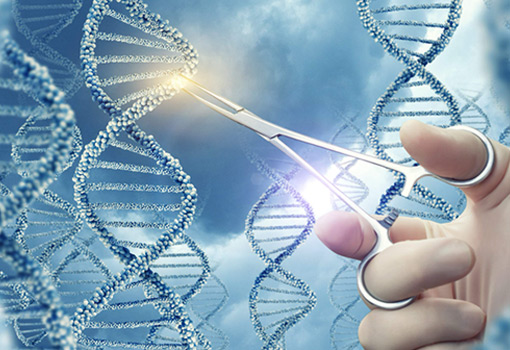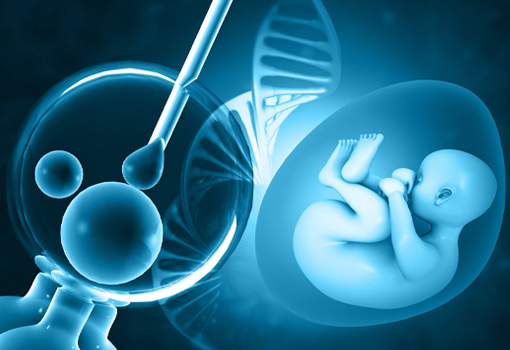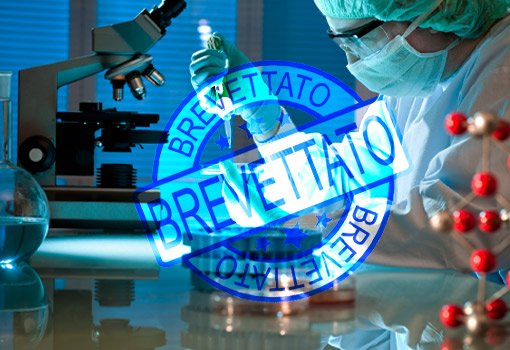
Future Developments in Assisted Reproduction and Their Implications
Over the past decades, reproductive medicine has made remarkable advancements, offering hope to millions of people facing biological barriers to parenthood. However, future developments in assisted reproduction promise to further redefine the boundaries of what is possible, raising profound scientific, ethical, and social questions.
New Technologies and Innovative Approaches
- Genetic Editing and CRISPR
CRISPR-Cas9 technology, which enables precise DNA modification, could revolutionize assisted reproduction. In the future, it may become possible to correct genetic abnormalities in gametes or embryos, reducing the risk of hereditary diseases. However, the idea of "designing" babies raises significant ethical concerns.
- Artificial Gametes
Researchers are exploring the possibility of creating artificial sperm and eggs from stem cells. This breakthrough could provide solutions for individuals with infertility or same-sex couples wishing to have genetically related children.
- Artificial Uteri
Artificial wombs, currently in experimental stages, could eliminate the need for traditional pregnancy. This technology could be a game-changer for women with fertility issues or those facing high-risk pregnancies.
- Advanced Embryo Diagnostics
Technologies such as advanced genomic sequencing could improve embryo selection, increasing success rates and reducing the risks associated with genetic diseases.
Ethical and Social Implications
- Accessibility and Equity
As technology advances, there is a risk that these cutting-edge procedures will only be accessible to a privileged few. This could widen the gap between those who can afford these innovations and those who cannot, raising concerns about social justice.
- Genetic Manipulation and Bioethics
Genetic editing presents the dilemma of distinguishing between medical treatment and enhancement. Which traits should be considered acceptable to modify? And who should make these decisions?
- Impact on Relationships and Family Structures
Technologies like artificial gametes and artificial wombs could redefine traditional concepts of parenthood and pregnancy. For example, what role will the biological mother play in a context where gestation occurs in an artificial environment?
- Risks and Regulation
The rapid pace of technological progress may outstrip the ability of legal and regulatory systems to adapt. Establishing an international regulatory framework is crucial to ensuring the safe and ethical use of these technologies.
The Future of Assisted Reproduction
Assisted reproduction stands at a critical crossroads. While new technologies offer incredible opportunities to overcome fertility challenges and improve offspring health, they also raise deep questions about what it means to be human and the consequences of intervening in nature. An open and inclusive dialogue among scientists, policymakers, ethicists, and society at large will be essential to ensure these innovations are used responsibly and for the greater good.
With a balanced approach, the future of assisted reproduction could not only help millions achieve their dream of parenthood but also encourage a collective reflection on the limits and potential of science in shaping our future.






